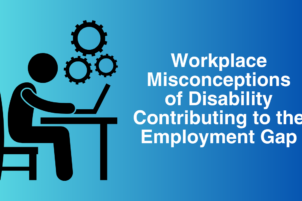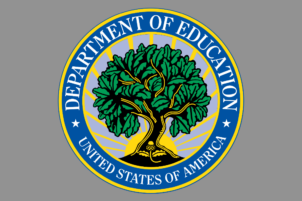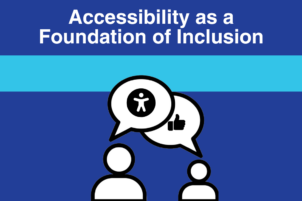As a nonpartisan, disability-led, and majority-disabled organization, Disability Belongs™ is deeply committed to dismantling systemic biases and barriers that cause harm, perpetuate discrimination, and, in some cases, even lead to violence against our community.
Recent news has highlighted harmful and dangerous rhetoric, which portrays individuals with disabilities as “less than” our non-disabled peers and demonizes our community simply on the basis of disability. Such narratives foster fearmongering and perpetuate biases towards an already marginalized identity and experience. This stigma reinforces misconceptions that disability automatically equates to incompetence or an inability to succeed, including in the workplace. Disabled workers frequently find themselves in unjust situations, and we are often expected to continuously prove our value, despite being more than qualified for our roles. The interplay of ableism and dangerous rhetoric leads to even greater challenges and stigma.
Data from recent reports and studies show that in fact, disabled workers often outperform their nondisabled peers in various workplace environments. In addition, diverse organizations and companies are more innovative and competitive than their less diverse counterparts.
“Our industry-specific expertise and lived experiences contribute to essential ideas and changes needed to make workplaces across sectors more accessible and inclusive,” said President and CEO Ariel Simms. “In an era of misinformation, it is crucial that we approach conversations, especially in the wake of tragedy, with fact-based data and information.”
Disability representation in all areas of society should reflect overall disability representation in the U.S. population, including in the workforce and across all positions, from entry-level to leadership roles. When tragedy occurs, instead of trying to blame and divide, we can choose to come together as one human community. We urge everyone to be responsible with their statements and to recognize the power they hold in shaping narratives of disability and other diverse identities in society.






